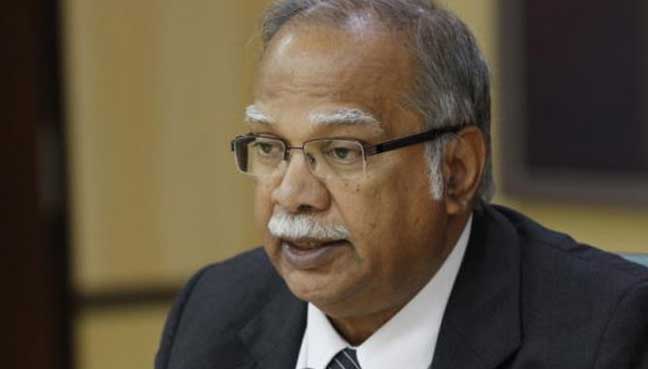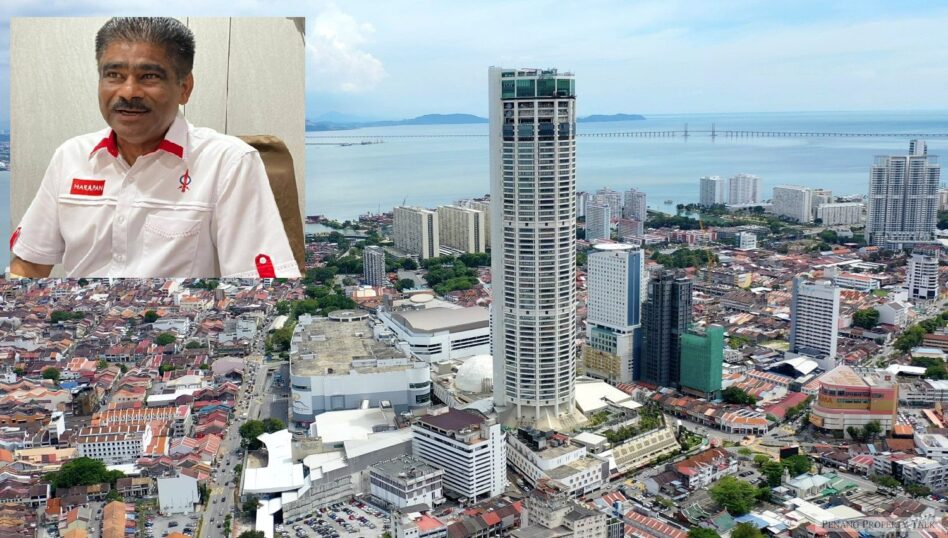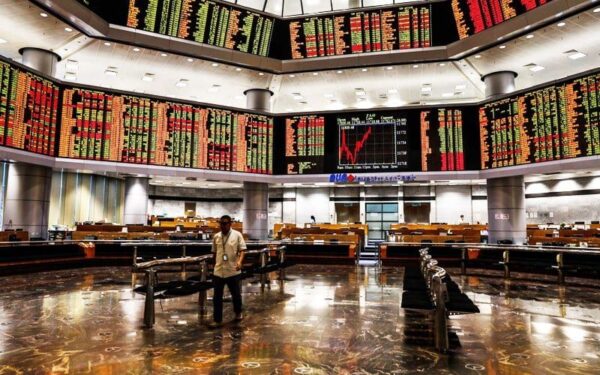IT has been announced that the Government might raise the minimum wage to RM1,500. However, before it could be made public, there is need for Cabinet approval, according to Human Resources Minister Datuk Seri M Saravanan.
The subject matter of minimum wage for workers is something that is much debated as it is a controversial one.
What constitutes minimum wage might differ amongst trade unions, Government and employers. Unions grudgingly accept minimum wage dished by the Government simply because they have lost their bargaining power.
With low unionisation and little bargaining power, the unions have no choice but put up with what the Government proposes.
The employers, if they have the way, they would resent the imposition of minimum wage as such a legislation affects the supply and demand of labour. Some would argue, there is no need for minimum wage as large number of employers are paying more than the minimum wage.
Given the labour shortage, employers have to pay higher wages and other benefits to attract and retain labour. The ideal role of the Government is to regulate the relationship between labour and employers.
Minimum wage defined as a bare minimum subsistence wage is basically to ensure that labour is not exploited to the extent there might be an open revolt.
Under difficult economic and social conditions, the provision of minimum wage is expected to cushion the industry from the adverse effects of low wages or the imposition of social controls.
In fact, in the private sector, the introduction of minimum wage might make no sense as employers might often employ social controls to depress wages for the realisation of maximum profit.
The question here, is the Government a neutral arbiter between labour and employers? The answer is definitely no.
Minimum wage is introduced to ensure the industry as a whole is protected or cushioned against adverse effects of low wages.
In other words, the Government being the neutral arbiter, actually plays the role of protecting the employers in a more indirect sense.
Paradoxically, the Government protects employers in paying low wages by introducing a minimum wage.
Actually, if the Government is a neutral party that impartially regulates the relationship between labour and employers, there might be no need for minimum wage.
Empower unions
Under such conditions of impartiality, trade unions would emerge strong to effectively bargain better and high wages for labour.
Under such healthy conditions, there is no need for a legislation on minimum wage. The repeated mantra by employers to allow for the interaction of supply and demand to determine wages is an empty talk.
In fact, what they are saying that is to allow for these two interactive forces to function under strict political controls on labour.
It is about time the Government, trade unions and employers talked about decent wages not minimum wages.
The introduction of minimum wages makes no sense at all. It is a bare minimum for workers to survive. Some would say, it is a subsistence wage.
Marginal increases in minimum wage do not take into account the nature of galloping inflation in the country. Moreover, regional considerations other than Peninsula Malaysia and regions of Sabah and Sarawak are not factored in the calculation of minimum wage.
Why is there no consideration for urban, semi-urban and rural areas in both sides of the regional divide remains unclear.
Apart from the tripartite mechanisms that provide for consultations between the Government, unions and employers, perhaps a high-powered task force needs to be created to address the issue of wages, not just minimum wage.
The three parties should be moving in the direction of arriving at a formula for the payment of a decent wage. It is high time that the Government and employers treated the workers with respect and dignity.
Minimum wage merely addresses their minimal needs not their needs as human beings. The concept of decent wages goes beyond the narrow confines of the entrapment of minimum wage.
It addresses the true value contributed by labour, how they are short changed in the production process by employers, how the Government through legislations suppressed labour and trade union rights and why there is dire need to reflect on the real needs of labour as human beings and not as cogs in the production wheel. – Feb 6, 2022.









